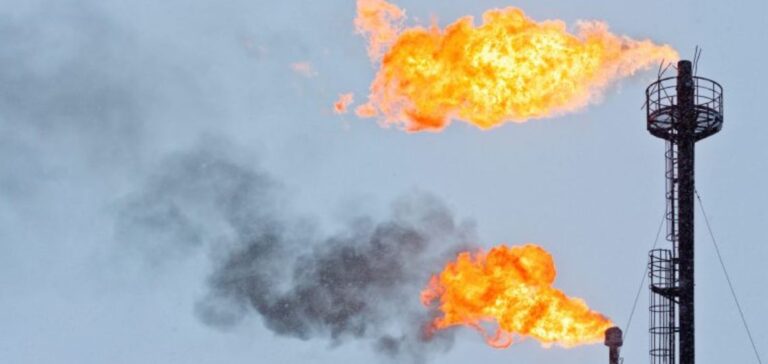New European regulations require the fossil gas, oil and coal industries to measure, monitor, report and verify their methane emissions to the strictest monitoring standards. Operators must stop avoidable and routine flaring and reduce flaring and venting to situations of emergency, technical malfunction or necessary safety. This regulation will also help reduce methane emissions from imported fossil fuels. By progressively imposing stricter requirements, exporters will have to apply the same monitoring, reporting and verification obligations as EU (European Union) operators. The European Commission will set up a monitoring tool based on satellite data to provide information on sources of high methane emissions, both inside and outside the EU.
Monitoring and early warning mechanisms
An early warning mechanism will also be set up to detect so-called “super-emitters”, incidents where facilities emit very high levels of methane. This mechanism will act as an early warning system to detect such events and alert EU or non-EU countries to take action to stop or prevent them. The regulations aim to increase transparency and provide the tools needed to reduce these potentially harmful emissions. EU Energy Commissioner Kadri Simson welcomed the final adoption of the regulation, stating that methane is the second biggest contributor to global warming and air pollution after CO2, accounting for around a third of greenhouse gas emissions.
“With the final adoption of the methane regulation, we now have the means to obtain a better understanding of the main sources of methane emissions in the energy sector. This will increase transparency and provide the necessary tools to reduce these potentially harmful emissions, both in the EU and on a global scale”, she added.
Global impact and future challenges
This new European regulation has global implications, influencing not only the practices of operators within the EU, but also those of exporters of fossil fuels to Europe. By imposing strict standards for monitoring and reducing emissions, the EU hopes to bring about a global change in the management of methane emissions, thereby contributing to the fight against climate change. There are still many challenges ahead, particularly as regards exporters’ implementation of the new requirements and the management of super-emitters. Exporting countries will have to adapt to the new EU standards, which could entail significant additional costs and operational adjustments. Nevertheless, these measures are crucial to reducing the environmental impact of methane emissions and protecting public health.
Future prospects and commitments
The EU continues to demonstrate its commitment to reducing greenhouse gas emissions and protecting the environment. The adoption of these methane regulations is an important step towards achieving the EU’s climate objectives, in particular those set out in the European Green Deal. By working with international partners, the EU also hopes to promote more sustainable practices in the global energy sector.
As the implementation of these regulations progresses, the EU will closely monitor their impact and adjust strategies where necessary to ensure the effectiveness of the measures taken. International cooperation will be essential if we are to succeed in reducing methane emissions on a global scale.





















